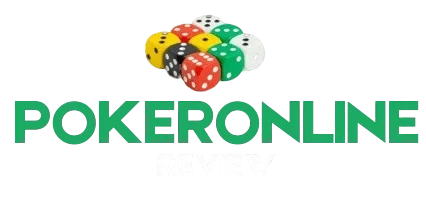The Digital Playground of the 21st Century
In the past, games were simply recreational activities ojol555 enjoyed in living rooms, arcades, or playgrounds. But the rise of the internet has transformed this simple pastime into a global phenomenon known as online gaming. Today, millions of players from every continent log in daily, not just to pass the time, but to experience immersive adventures, sharpen their skills, and connect with others. Online games have become the digital playground of the 21st century, where entertainment meets innovation and interaction. Unlike traditional offline games, online platforms allow constant updates, evolving storylines, and global communities that make the experience fresh and ever-changing. This dynamic nature keeps players engaged for years, making gaming one of the most influential forms of digital culture today.
The Social Fabric of Gaming Communities
One of the most fascinating aspects of online gaming is the social dimension it introduces. No longer confined to playing alone or with a few friends, players now interact with strangers across the globe, creating friendships and rivalries that often extend beyond the game itself. Platforms like Discord, Twitch, and in-game voice chats provide hubs for these communities, enabling players to strategize, share memes, or simply enjoy casual conversation. Interestingly, online games often create unlikely bonds: a student in Jakarta can team up with an engineer in Berlin, or a teenager in Nairobi can learn teamwork skills with a retiree in Tokyo. These interactions highlight the universal appeal of online gaming and its ability to bridge cultural, linguistic, and generational gaps.
More Than Just Entertainment
While many dismiss online games as mere distractions, research increasingly shows that they contribute to the development of valuable skills. Strategy-based games teach planning and foresight, while fast-paced shooters improve reflexes and decision-making under pressure. Puzzle and word games enhance memory and logical reasoning, making them popular even among adults looking for casual brain workouts. Beyond personal skill development, the gaming industry is shaping other sectors as well. In education, gamification of lessons has proven effective in keeping students engaged. In professional fields like healthcare and aviation, online simulations provide safe environments for training and practice. The boundaries between gaming and real-world utility are fading rapidly, positioning online games as powerful tools for growth and learning.
The Business and Cultural Boom
The online gaming industry has grown into a multi-billion-dollar powerhouse, rivaling and even surpassing movies and music in global revenue. Esports tournaments draw audiences that rival traditional sporting events, with professional players becoming celebrities in their own right. Streaming platforms such as YouTube Gaming and Twitch have created an entirely new category of influencers who entertain millions simply by playing and discussing games. This cultural boom has also spilled over into fashion, film, and music. Collaborations between gaming companies and global brands are now common, blurring the lines between entertainment industries. Online games are no longer niche—they are shaping mainstream culture and becoming the heartbeat of modern entertainment.
